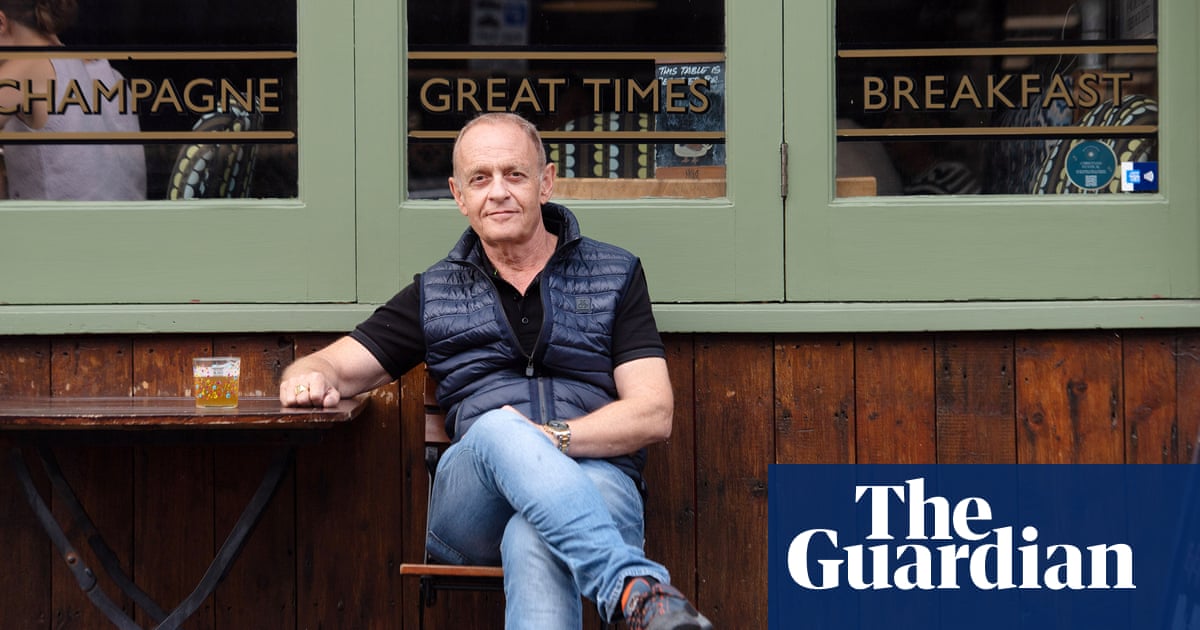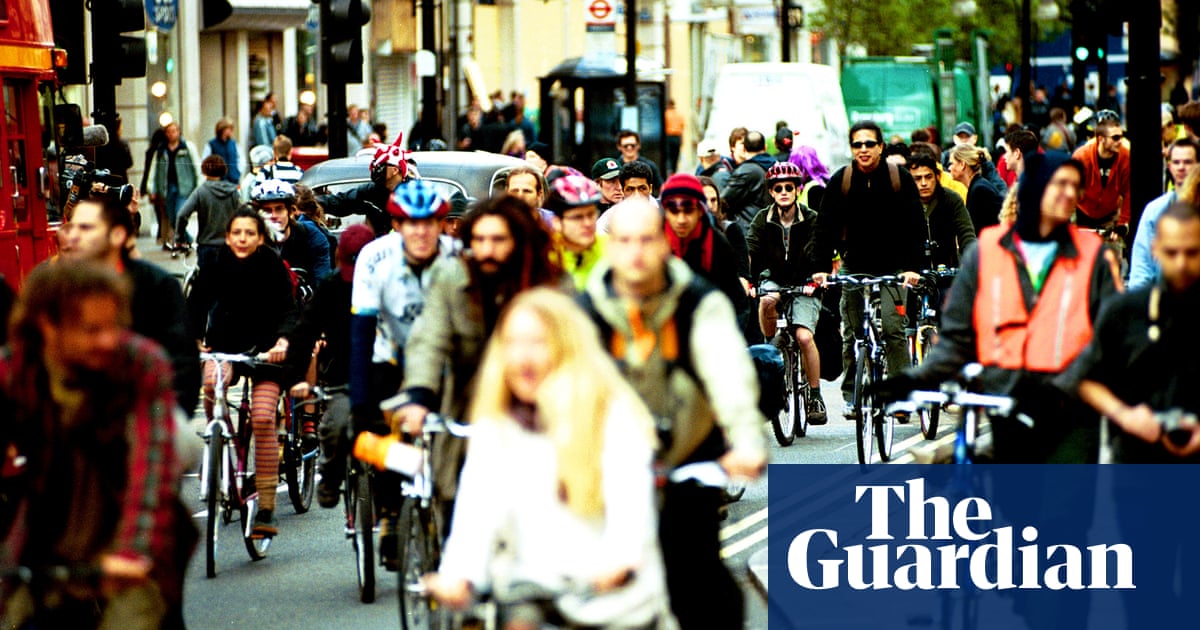
British Airways may never be the same again after the coronavirus pandemic, according to the airline’s chief executive, who told MPs the industry faced permanent structural change from the worst crisis in aviation history.
Álex Cruz said: “People are afraid of travelling … and we are having weekly changes to the quarantine list. We are taking every measure possible to make sure we can actually make it through this winter. We don’t see a short-term coming-back of our passengers.”
He added: “There is no data to support that this is a temporary effect for the airline situation … Things have changed. The airline industry is fundamentally different.”
He defended job losses and pay cuts at the airline, telling the transport select committee that BA was still fighting for survival. It flew only 187,000 passengers last week compared with 1 million during the same period in 2019, and was operating only 25-30% of its schedule.
Questioned over the controversial treatment of BA staff – during which the committee called the airline a “national disgrace” in June – Cruz said he deeply regretted “that way too many loyal and hardworking colleagues are having to leave the business”.
But he criticised the “optimism” in MPs’ questions, which suggested that pilots and crew could have been retained or have pay restored.
He said: “We have lots of data showing this will be a long recovery process during which we will have structural changes to the makeup of our passengers and demand across the globe.”
Cruz said the changes he was proposing were solely a consequence of the pandemic: “The job at hand is huge, it is structural, it is really long term.”
He said Covid-19 was the worst crisis BA had faced, far exceeding the effects of its last big shock, the financial crisis. “In the first quarter of 2009 we lost £309m. This year in the first quarter we lost £700m.”
Cruz said passenger numbers had taken four years to recover then but the impact on BA’s business-class revenue had remained: “The percentage of business passengers in premium cabins never recovered.”
Airlines expect to fly ever fewer high-fare passengers as video conferencing becomes standard, while travel and quarantine restrictions have hit lucrative transatlantic routes. BA has permanently retired its Boeing 747s, jumbos with mass capacity and large business cabins.
Cruz, meanwhile, said BA was close to reaching agreements with trade unions across the airline that would end its “fire and rehire” threat to 30,000 remaining employees. The transport select committee chair, Huw Merriman, said it was a “welcome development”.
However, the Unite union accused Cruz of misleading the committee, saying the threat had only been partially lifted, pending ballots: “There are still too many BA workers facing threats to their wages and working life. These threats should be withdrawn today.”
Staff are voting on whether to accept changes to existing contracts, which would worsen conditions in return for fewer redundancies. About 7,200 have so far been made redundant, while others who reapplied for jobs have been taken back on lower wages.
Cruz said the process was ongoing but he forecast total job losses would be in the region of 10,000, rather than the maximum 13,000 the airline had proposed. “Fewer passengers means fewer flights, and fewer flights means fewer people required to actually service them,” he said.
Cruz said he had taken a 33% cut to his £805,000 salary but did not answer when asked if it was permanent.
He called for urgent trials of Covid-19 testing at airports and a more consistent approach to the government’s quarantine rules.











